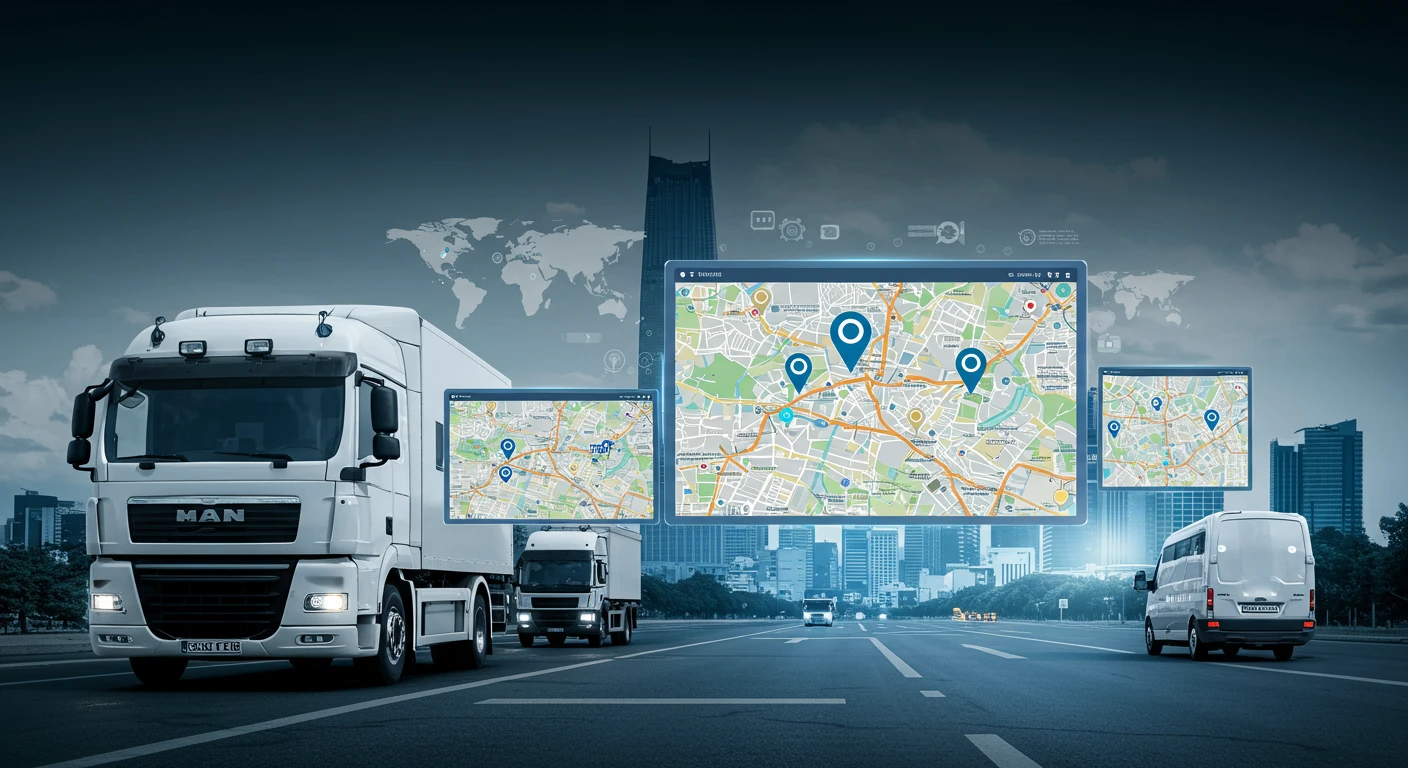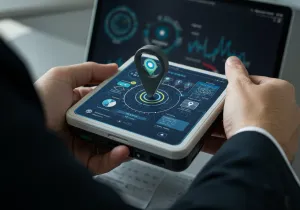Core GPS tracking devices Highlights
- GPS tracking devices delivers real-time visibility across every vehicle, trailer, and asset in the field.
- Configurable dashboards convert gps tracking devices data into meaningful KPIs for decision makers.
- Automated notifications surface critical exceptions the moment they happen.
- Historical trend analysis reveals utilization, idle time, and cost-saving opportunities.
- Native support for gps devices workflows keeps teams aligned.
GPS tracking devices programs provide the situational awareness fleets need to run on-time and on-budget.




